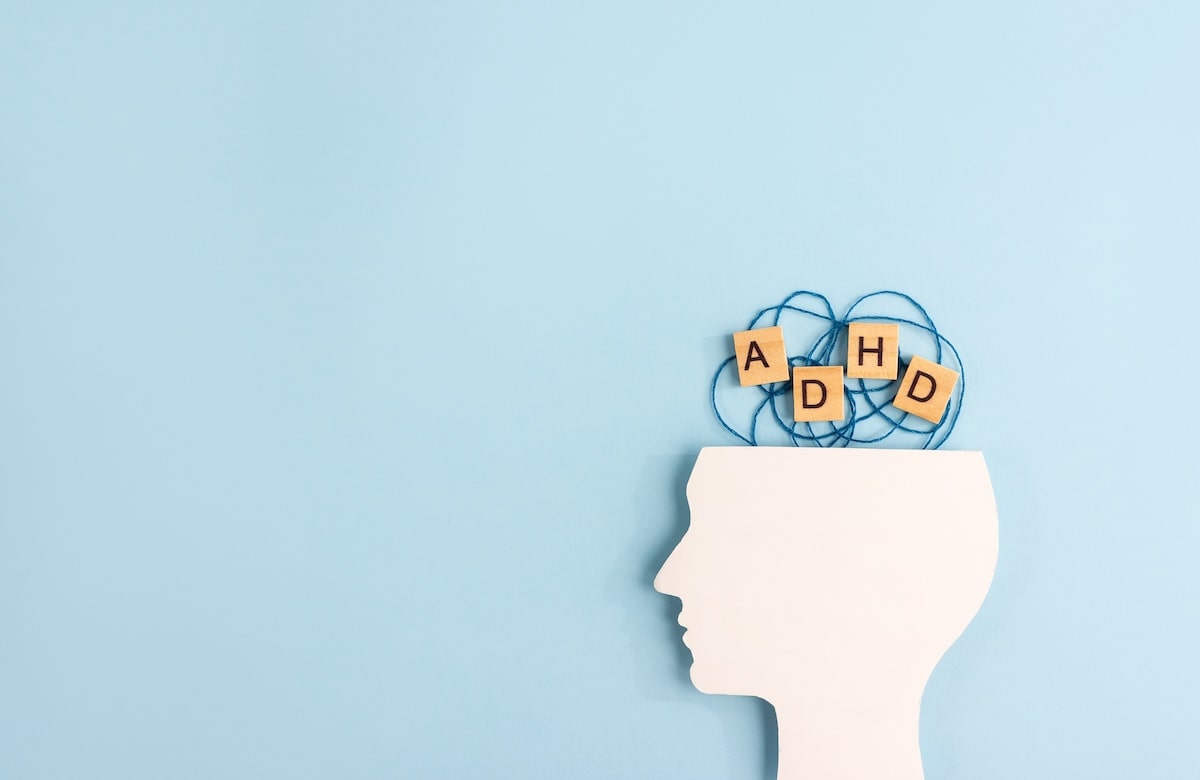How to Tell if Someone Is on Cocaine
Cocaine is a powerful and illegal stimulant that affects the central nervous system. Due to its highly addictive nature, identifying signs of use can be crucial for early intervention and support.

In this article, we’ll explore how to tell if someone is on cocaine, including physical, behavioural, and social indicators.
Recognising the signs someone is on cocaine can be difficult, but understanding the symptoms can help prevent long-term damage and guide appropriate action.
Understanding cocaine
Cocaine is a drug derived from the coca plant, and it typically appears as a white, powdery substance.
It’s usually snorted, but it can also be injected or smoked. Cocaine’s effects are fast-acting but short-lived, leading users to binge or repeatedly use the drug over a short period.
The perceived euphoric high is often accompanied by a sense of increased energy, alertness, and misplaced confidence and comes at the expense of both physical and mental health.
Understanding the nature of cocaine use is key to identifying its symptoms. As a central nervous system stimulant, cocaine manipulates dopamine, leading to intense feelings perceived as pleasure and energy. As the effects wear off, the user may experience a “crash,” including fatigue, depression, or anxiety, making the signs of someone taking cocaine more noticeable during and after use.
Physical signs of cocaine use
One of the most immediate ways to tell if someone has taken cocaine is through physical symptoms.
Since cocaine affects the central nervous system, the body responds in several noticeable ways. Here are common physical signs of someone on cocaine:
-
Dilated pupil:
One of the most visible signs someone has taken cocaine is their pupils may appear larger than usual. This is a result of cocaine impacting the sympathetic nervous system.
-
Nosebleeds or runny nose:
Cocaine is often snorted, which can cause irritation or damage to the nasal passages. Chronic use can lead to frequent nosebleeds or a perpetually runny nose.
-
Increased heart rate:
Cocaine causes the heart to race, leading to an irregular heartbeat or palpitations, which is on of the visible signs someone is taking cocaine.
-
Excessive sweating:
Stimulants like cocaine increase body temperature and heart rate, causing the user to sweat more than usual, even in cool environments.
-
Jaw clenching and teeth grinding:
Individuals on cocaine often exhibit involuntary muscle movements, particularly in the jaw. Constant teeth grinding or jaw clenching is another sign of someone on cocaine.
-
Weight loss:
Regular cocaine use can suppress appetite, leading to noticeable weight loss over time.
Behavioural and Psychological Signs of Cocaine Use
Cocaine affects both the mind and behaviour in ways that can be more difficult to detect but are nonetheless significant. The following are key behavioural and psychological signs someone is on cocaine:
-
Hyperactivity:
Cocaine produces a surge of energy and alertness, which can manifest as restlessness, fidgeting, or excessive movement. If someone suddenly becomes unusually energetic or talkative, this may be a sign they are taking cocaine.
-
A sense of euphoria and (often misplaced) increased confidence
Users often feel an exaggerated sense of confidence and happiness. If someone is overly cheerful or acting unusually bold, these could be indicators.
-
Irritability and agitation:
As the effects of the drug wear off, users may become irritable or easily angered. Mood swings are common as they transition from euphoria to a “crash.”
-
Paranoia or anxiety:
Cocaine use can cause extreme nervousness or paranoia. People on cocaine may act suspiciously or seem fearful without any clear cause.
-
Impaired judgment:
The drug impairs decision-making and increases risk-taking behavior. Reckless driving, unprotected sex, or financial irresponsibility could be signs of someone taking cocaine.
-
Insomnia:
Cocaine can disrupt normal sleep patterns, causing users to stay awake for extended periods. Conversely, after a binge, they may “crash” and sleep excessively.
Social and financial indicators of cocaine use
Cocaine addiction can affect a person’s social life and financial stability. Identifying these social and financial signs can provide more context if you suspect someone is using cocaine.
-
Changes in friendships:
People on cocaine often start hanging out with a different crowd, particularly individuals who use drugs. If someone suddenly begins spending time with people they didn’t associate with before, or if they become secretive about their social activities, this could be a sign they are using cocaine.
-
Financial problems:
Cocaine is an expensive drug, and chronic use can quickly lead to financial difficulties. If someone who previously had no financial issues suddenly starts borrowing money, missing bill payments, or selling their belongings, it may be due to cocaine addiction.
-
Isolation:
While cocaine may initially make users seem more sociable, long-term use can lead to social withdrawal. If someone who was once outgoing becomes isolated and avoids contact with friends and family, it could indicate a deeper issue, such as cocaine addiction.
What to so if you suspect someone is using cocaine
If you suspect someone is using cocaine, it is important to approach the situation with care and concern. Here’s what you can do:
-
Talk to them:
Express your concerns without judgment. Let them know you’ve noticed the signs of someone on cocaine and that you’re worried about their well-being. Be prepared for denial or defensiveness, as cocaine users often refuse to acknowledge their problem.
-
Encourage professional help:
f the individual admits to using cocaine or you have strong evidence, encourage them to seek professional help. This could include seeing a doctor or counsellor or entering a rehab program.
-
Protect yourself:
If the person’s behavior becomes unpredictable or dangerous, make sure to prioritize your own safety. Addiction can lead to erratic actions, and it’s important to set boundaries
-
Support but don’t enable:
While it’s essential to offer support, avoid enabling their drug use. Don’t lend money or make excuses for their behavior.
Knowing how to tell if someone is on cocaine can help you take the right steps toward supporting a loved one struggling with addiction. The sooner you can identify the signs, the quicker you can help them seek the help they need.




